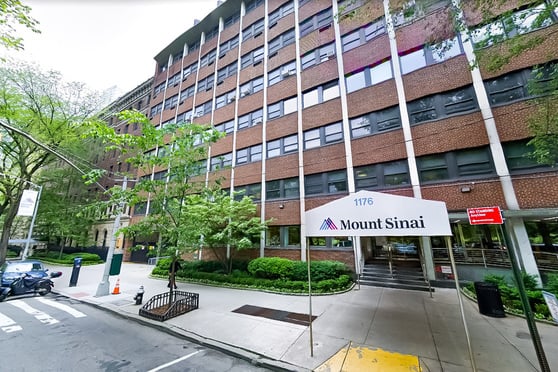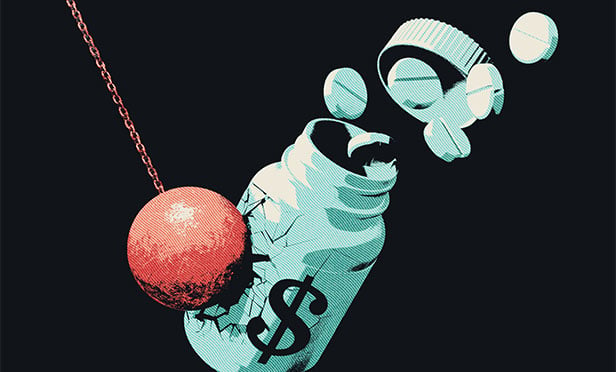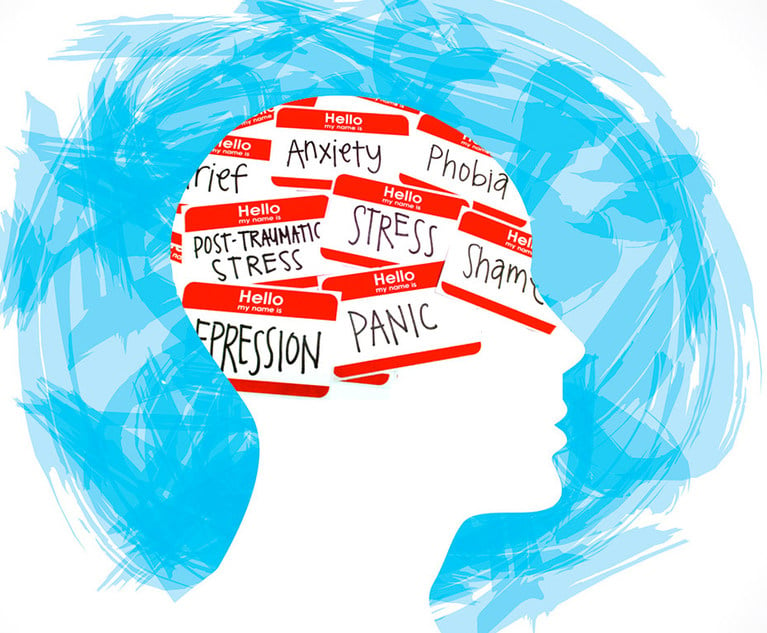- Benefits Broker
- Benefits Manager
- Retirement Advisor
- Awards
- Broker Expo
- FreeERISA
- Leads
- Career Center
- More
About The Author
CONNECT WITH THIS AUTHOR
August 01, 2024
March 21, 2024
February 06, 2024
January 31, 2024
September 08, 2023
August 28, 2023
August 17, 2023
June 08, 2023
May 29, 2023
August 05, 2022
Trending Stories
- 1Mind the Gaps: Canada's Healthcare Benefits - What US Employers Need to Know
- 2Trump’s tariffs: What it means for 401(k) retirement plans
- 35 top states where people have arthritis
- 4Nearly 10M ‘delinquent’ student loan borrowers will see credit scores drop: Federal Reserve Bank
- 5Trump’s pick to lead Social Security advances to full Senate for confirmation vote











